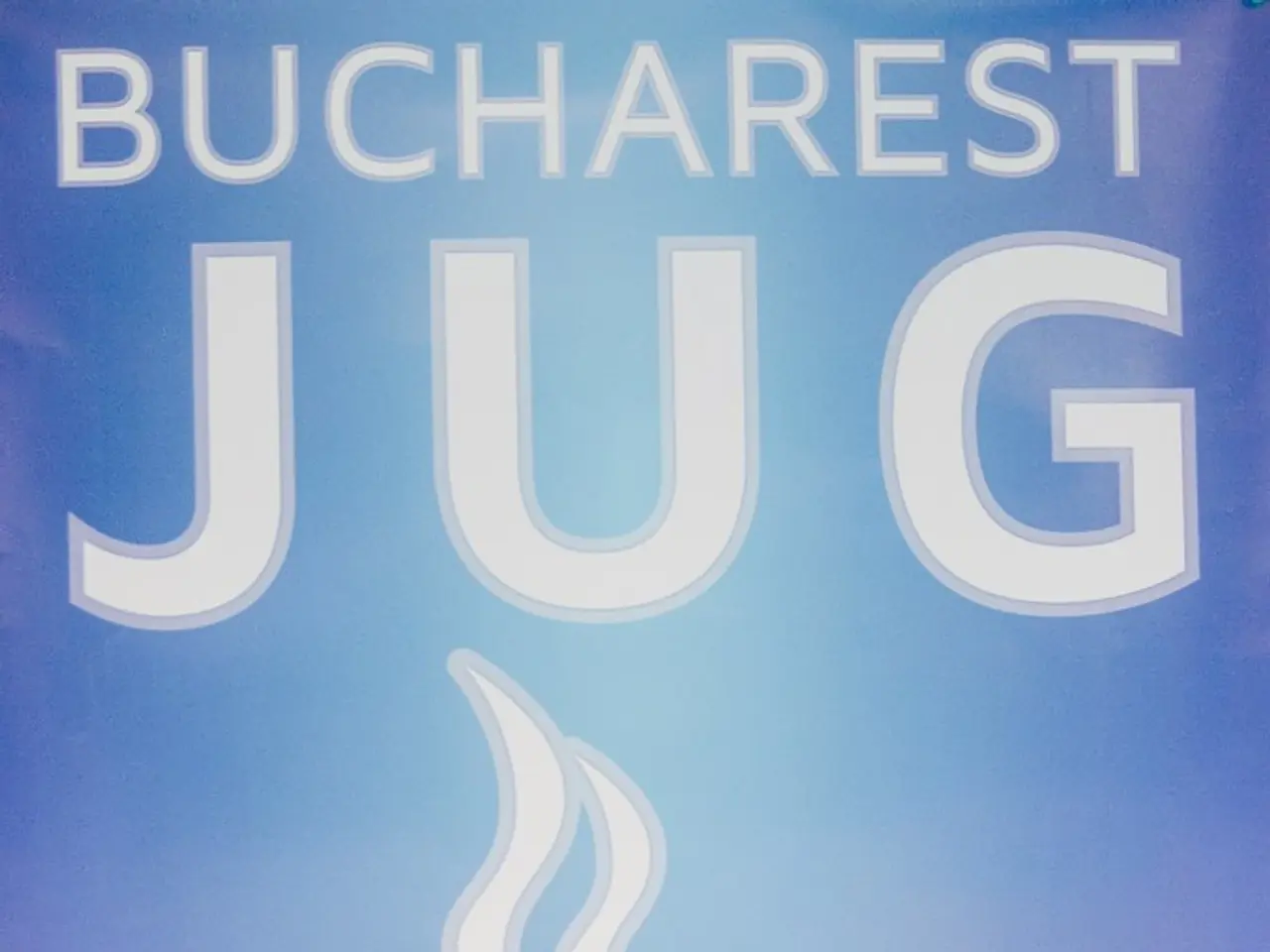Reinforcing France's power grid for renewable energy and climate resilience receives $540 million financing from EIB and EDF.
European Investment Bank and EDF Partner for France's Green Grid Modernisation
France is taking a significant step towards its decarbonization goals, as the European Investment Bank (EIB) has agreed to provide €500 million in funding to modernise France's electricity distribution network. This is the first half of a €1 billion programme running through 2025, with the second tranche of €500 million scheduled for signature in July 2025.
The investment aligns with EU-wide efforts to cut greenhouse gas emissions by at least 55% by 2030 compared to 1990 levels and achieve climate neutrality by mid-century. The funding will be used to upgrade digital infrastructure, improve fault detection, and accelerate the connection of distributed solar, wind, and storage facilities.
Bernard Fontana, EDF Chairman and CEO, called the agreement an important milestone in Enedis' public service mission. With decentralized renewables increasingly displacing centralized generation, utilities and regulators will face pressure to prioritize flexible grid infrastructure that can handle bidirectional power flows, localized surpluses, and rapid recovery from climate events.
The EDF-EIB agreement is more than a national financing deal; it reflects Europe's strategic pivot to secure sovereignty over its energy future while decarbonizing at pace. According to Ambroise Fayolle, EIB Vice-President, 40% of investments in Europe to finance energy networks, interconnections, and storage were mobilized by the EIB in 2024.
Large-scale electrification, backed by agile grids, is seen as the enabling infrastructure for decarbonization across transport, industry, and housing. The modernized grid will be crucial in supporting France's transition to a low-carbon economy, particularly in sectors such as transport and industry where electrification is key.
Network resilience and renewable integration are both central to meeting France's decarbonization goals. As the second tranche approaches in 2025, Europe's investors, regulators, and energy executives will be watching how Enedis deploys this capital to deliver a grid capable of underpinning the bloc's transition.
The deal highlights the scale of capital deployment required to maintain grid stability in a climate-stressed, renewables-heavy energy system. The EIB's central role in the agreement signals strong EU-level backing for projects that combine resilience, decarbonization, and energy security.
EDF, which holds a majority stake in Enedis, stated that this financing is a decisive step in ensuring the network can withstand climate stresses and integrate renewable power at scale. As France moves towards a greener future, this partnership between EDF and the EIB is a significant step in building a more resilient and sustainable energy infrastructure.
Read also:
- Nightly sweat episodes linked to GERD: Crucial insights explained
- Antitussives: List of Examples, Functions, Adverse Reactions, and Additional Details
- Asthma Diagnosis: Exploring FeNO Tests and Related Treatments
- Unfortunate Financial Disarray for a Family from California After an Expensive Emergency Room Visit with Their Burned Infant








